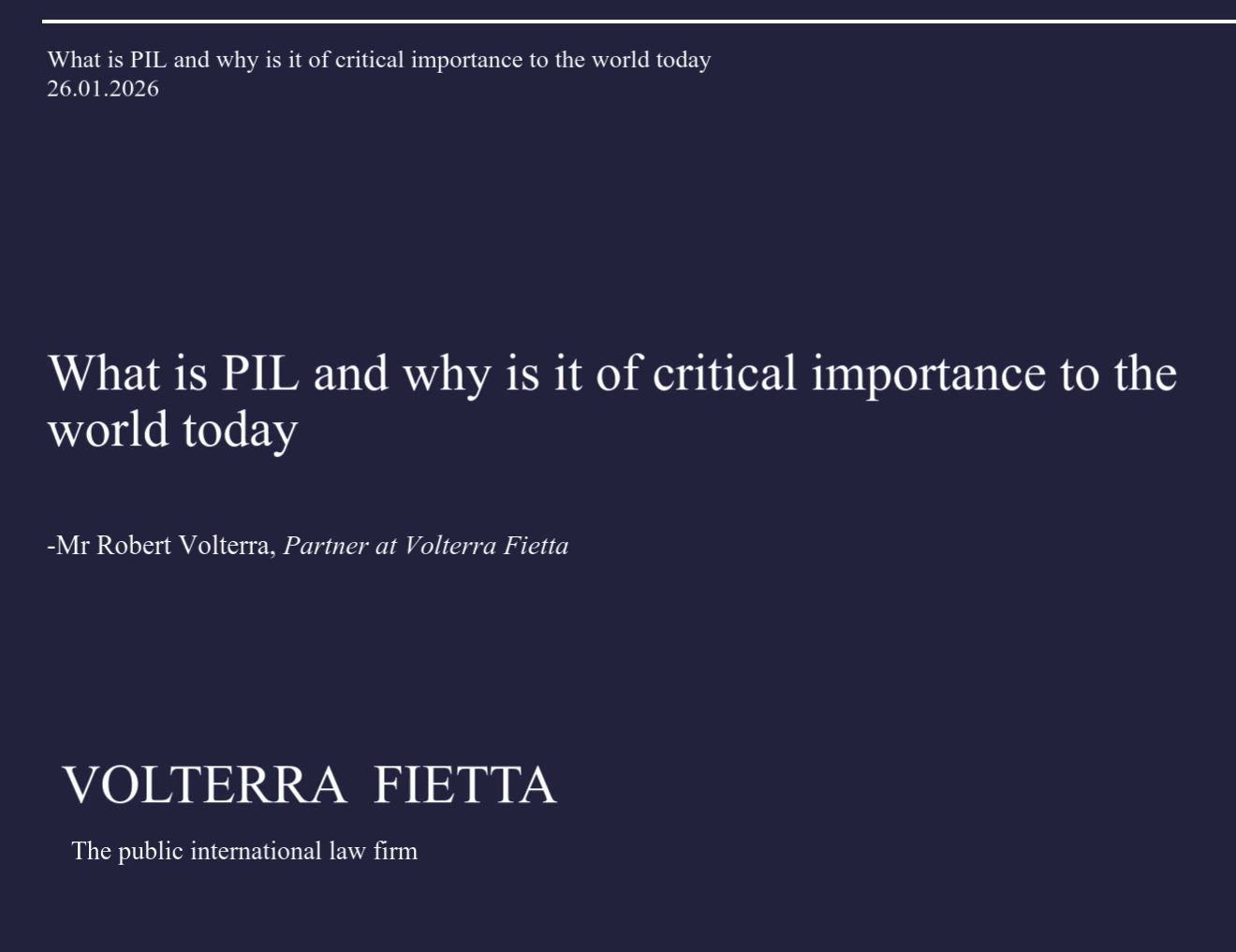Over the last months, States around the world have been taking emergency measures in response to the COVID-19 pandemic. While promoting and protecting public health, such measures often result in restrictions to the enjoyment of other rights, such as freedom of movement, privacy, non-discrimination, freedom of expression or freedom of peaceful assembly.
On 30 April 2020, the United Nations Human Rights Committee (the “UN HRC”) made clear that States cannot derogate from their international human rights obligations, even when taking measures to tackle a global pandemic, except in compliance with international law. The UN HRC issued a statement on derogations from States’ obligations under the International Covenant on Civil and Political Rights (the “ICCPR”) in connection with COVID-19-related measures.
This statement was issued following formal notices by a number of States that they were taking emergency measures derogating from some of their obligations under the ICCPR. The UN HRC noted however that there were other States which had resorted to similar measures but without having formally submitted the obligatory notification of derogation. The UN HRC cautioned States against deviating from their international human rights obligations by taking excessive emergency measures without following the appropriate procedures and complying with the relevant requirements.
Derogation from human rights obligations in response to the COVID-19 pandemic
Article 4(1) of the ICCPR provides that:
In time of public emergency which threatens the life of the nation and the existence of which is officially proclaimed, the States Parties to the present Covenant may take measures derogating from their obligations under the present Covenant to the extent strictly required by the exigencies of the situation, provided that such measures are not inconsistent with their other obligations under international law and do not involve discrimination solely on the ground of race, colour, sex, language, religion or social origin.
There are certain non-derogable rights, including the right to life, the prohibition of torture and slavery, the principle of legality in the field of criminal law, the prohibition of imprisonment for contractual breaches, the recognition of everyone as a person and the freedom of thought, conscience and religion (Article 4(2) ICCPR). However, this does not mean that all the other rights may be subjected to derogation at will, even in the face of a global health crisis. There is a set of procedural and substantive requirements that States should satisfy in order to avoid violating their human rights obligations under international law. These requirements are further clarified by the UN HRC in its General Comment No. 29 of 2001.
Steps that must be taken before a State can derogate from its human rights obligations
First, any State wishing to exercise its derogation prerogative should immediately notify the other State Parties, through the UN Secretary-General, of the provisions from which it has derogated and of the reasons behind the derogation. This applies to all emergency measures, even if limited and of temporary nature. Additional notifications are required if the State subsequently takes further measures, for instance by extending their duration. The requirement of immediate notification applies equally to the termination of derogation.
Second, from a substantive standpoint, the emergency measures can only restrict other rights “to the extent strictly required by the exigencies of the situation.” This requirement relates to the duration, geographical coverage and material scope of the state of emergency and any measures taken. States should make sure that the adopted measures are non-discriminatory, necessary, legitimate and proportional given the circumstances.
The very same requirements (legality, necessity, proportionality and non-discrimination) were also included in the policy guidance for emergency measures issued by UN High Commissioner for Human Rights on 27 April 2020, just a few days before the UN HRC’s statement.
Derogation in other international human rights systems
Similar derogation provisions are also included in the European Convention of Human Rights (the “ECHR”) (Article 15) and the American Convention of Human Rights (Article 27(1)). In fact, during March and April 2020, several states have informed the Secretary General of the Council of Europe of their intention to derogate from their obligations under the ECHR.
Conclusion
It is not yet clear how many Governments are complying with their notice and other obligations, when they are adopting measures to deal with the COVID-19 crisis. This could come back to haunt them, once the pandemic has abated.
What is clear is that it is imperative for States to remain fully aware of their obligations under international human rights law. These continue, even in times of emergency. Governments must take the appropriate measures to avoid their violation.
For further information, please contact Robert Volterra (Robert.volterra@volterrafietta.com) or Gunjan Sharma (gunjan.sharma@volterrafietta.com).



